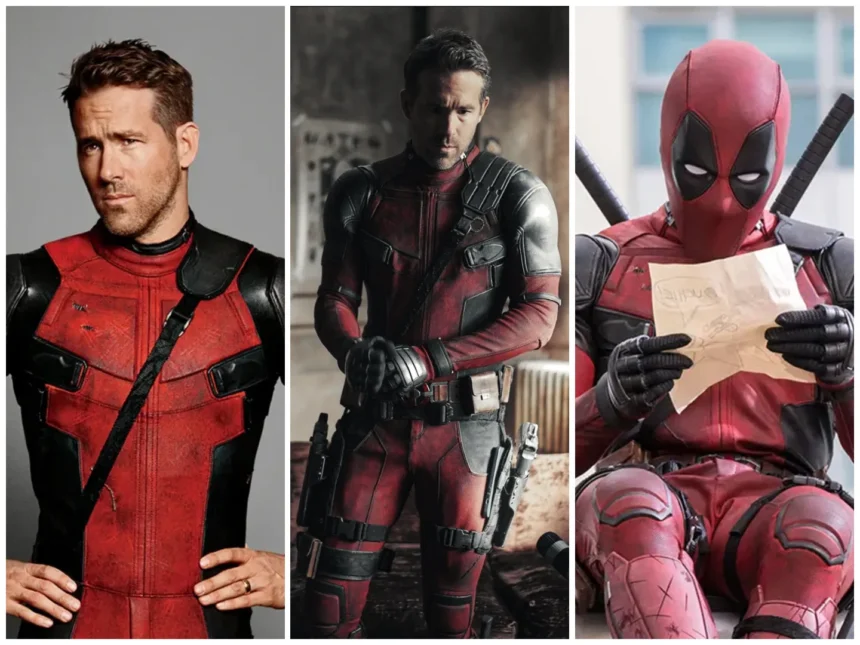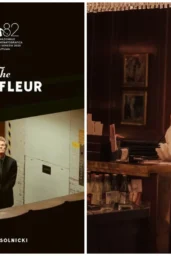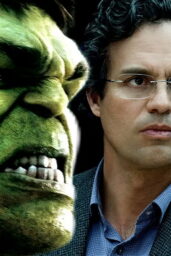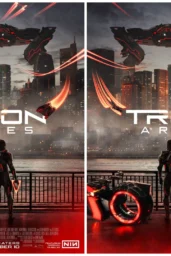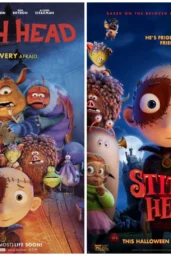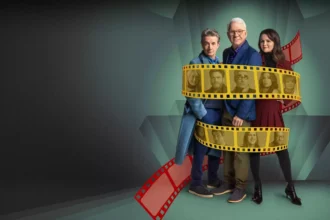You know that moment when a whisper becomes a roar? That's what hit me watching Ryan Reynolds at TIFF this week—September 2025, the festival buzzing with premieres and that crisp Toronto air cutting through the crowds. He's up there, casual as ever, spilling the beans on something we've all suspected for years: yeah, he leaked the Deadpool test footage back in 2014. It's one of those behind-the-scenes quirks that feels almost too perfect, like the meta humor Deadpool himself thrives on—breaking the fourth wall, or in this case, smashing through studio gates.
Picture it: 2012, filmmaker Tim Miller whips up this CG mock-up, a gritty pitch for a live-action Deadpool. Reynolds is in it, obsessed with the character's self-aware schtick, that comic-book knowingness that was fresh, almost revolutionary for superhero flicks back then. Studios? They passed. Deadpool was fringe, unknown—too weird, too R-rated for the polished Marvel machine dominating screens. The footage gathers dust… until Comic-Con 2014 rolls around, and bam, it hits the internet. Fans lose their minds—positive overload, petitions, the works. Twenty-four hours later? Fox greenlights the movie. Cut to 2016: Deadpool drops, hauls in over $780 million on a lean $58 million budget, shatters R-rated records. The sequel in 2018? Even bigger, pushing the envelope further.
Reynolds dodged the question forever—even last year, wired to a polygraph for Vanity Fair, he skirted it with that trademark grin. But at TIFF, chatting with EW, he owns it: “Yes, I cheated a little… I'm grateful that I did the wrong thing in that moment.” There's this raw edge to his words, brushing teeth in the mirror, staring down the “a–hole” who just maybe broke the law. It's human, flawed—panic mixed with that gut instinct screaming this could work. And damn, it did. In a genre bloated with safe bets, Deadpool's leak was a punk-rock rebellion, proving fan power could flip scripts on hesitant execs. Gorgeous chaos. Grating on the rules… gorgeous again.
I've chased these stories at festivals for years—Sundance's indie grit, Cannes' glamour clashes, Berlinale's bold experiments. TIFF always feels like the sweet spot, where comic adaptations rub shoulders with arthouse darlings. Reynolds' admission? It echoes those production tales where desperation births brilliance. Think about it: without that online frenzy, no Deadpool empire. No snarky asides lampooning the superhero glut. It's a reminder—comic cinema thrives on the meta, the unexpected. But hey, it's not all triumph; there's that lingering what-if of consequences dodged, the ethical stutter in an industry built on controlled leaks and hype machines.
Anyway—shifting gears, because why not?—it's got me reflecting on how these leaks shape trends. Sci-fi and horror, my old loves, often birth from similar fringes: test footage, fan campaigns, creators going rogue. Reynolds listened to that obsession, and we're all better for it… or are we? The thrill's there, sure, but so's the risk.
What say you—revisit the original Deadpool, catch the vibes at your next festival binge? Drop a thought below; these confessions keep the conversation alive.
The Test Footage That Started It All
Back in 2012, Tim Miller's CG pitch captured Deadpool's irreverent essence, but studios shelved it—until Reynolds' instinct changed the game.
The 2014 Leak and Fan Uproar
Around Comic-Con that year, the footage exploded online, sparking overwhelming excitement that forced Fox's hand in just 24 hours.
Reynolds' Long-Held Secret
He evaded questions for over a decade, even in a Vanity Fair polygraph last year, but finally confessed at TIFF this September.
The Blockbuster Payoff in 2016
Deadpool smashed records with $780 million worldwide on a $58 million budget, proving R-rated comic flicks could dominate.
A Meta Legacy for Comic Cinema
This admission highlights how fan-driven risks birthed a franchise obsessed with breaking rules—much like the character himself.

